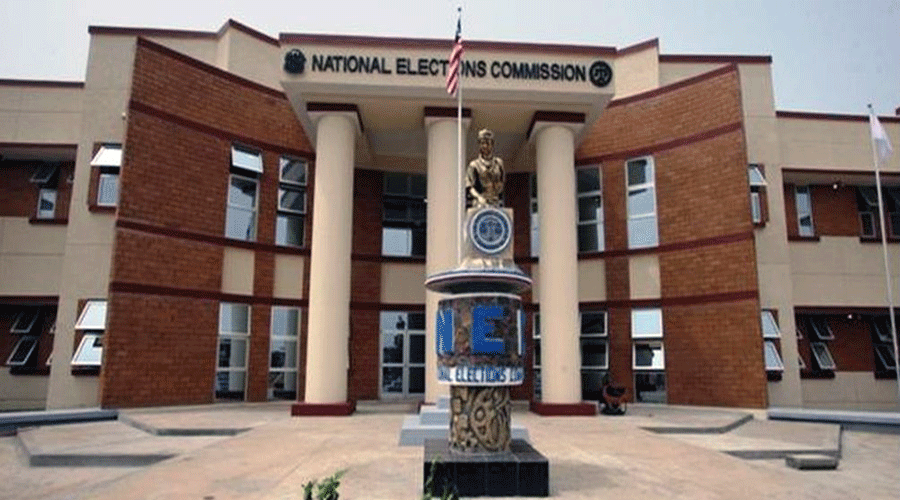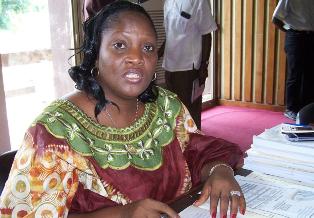Reform is necessary for peaceful, credible elections

The consortium, Election Coordination Committee or ECC is advocating for reform of the Electoral Law of Liberia and other critical areas of the electoral process, including the date of election.
ECC chair Oscar Bloh, observes that Article 83 (C) of the Constitution of Liberia, which confers judicial powers to the National Elections Commission, places additional and unnecessary burden on the NEC besides its original mandate of organizing and conducting elections in Liberia thus, a need for amendment in the elections law to make the process peaceful and credible.
Article 83 (C) of the Constitution reads, “The returns of the elections shall be declared by the Elections Commission not later than fifteen days after the casting of ballots. Any party or candidate who complains about the manner in which the elections were conducted or who challenges the results thereof shall have the right to file a complaint with the Elections Commission. Such complaint must be filed not later than seven days after the announcement of the results of the elections.
The Elections Commission shall, within thirty days of receipt of the complaint, conduct an impartial investigation and render a decision which may involve a dismissal of the complaint or a nullification of the election of a candidate. Any political party or independent candidate affected by such decision shall not later than seven days appeal against it to the Supreme Court.
The Elections Commission shall within seven days of receipt of the notice of appeal, forward all the records in the case to the Supreme Court, which not later than seven days thereafter, shall hear and make its determination. If the Supreme Court nullifies or sustains the nullification of the election of any candidate, for whatever reasons, the Elections Commission shall within sixty days of the decision of the Court conduct new elections to fill the vacancy. If the Court sustains the election of a candidate, the Elections Commission shall act to effectuate the mandate of the Court.”
If result from the first round of the 2017 Presidential Election, which was heavily contested by one of the candidates, Cllr. Charles Walker Brumskine of the Liberty Party, and supported by other parties is anything to reflect on, then we agree with the ECC on the need for reform in the elections law, for how can the Commission that is charged with the responsibility of conducting the poll, be the one to hear and adjudicate disputes brought against its activities.
Therefore, the ECC’s call for an independent electoral tribunal makes sense in order to reduce the burden on the NEC and prevent it from being a judge and a party at the same time.
Chairman Bloh notes that in the wake of weak political institutions and limited knowledge among Magistrates and Hearing Officers on the substantive and procedural aspects of the law, some consideration should be given for the establishment of an ad hoc body of judicial officials to hear complaints and make determinations on presidential and legislative elections.
[bsa_pro_ad_space id=1]
At an engagement with editors organized Friday, 21 June by the Center for Media Studies and Peacebuilding , ECC’s Harold Aidoo unveiled a reform project, which he says has four objectives – to improve Liberia’s electoral framework; refine and publicize National Elections Commission’s reform; change the election date; design and execute advocacy and produce briefing materials that would serve as lessons learnt from the field.
He said the consortium, comprised of about seven civil society organizations, will also engage the Legislature, political parties and the National Elections Commission itself to see the need to amend the elections law.
It is very important that all Liberians support the campaign to reform the elections law so that we can conduct free, peaceful and credible elections to strengthen our democracy.
In the words of Chairman Bloh, elections do not guarantee democracy, but they are a fundamental requirement to give legitimacy to any democratic government, so the process in conducting one should be free of bottlenecks and disputes to give legitimacy to any government emerging out of such exercise.




















